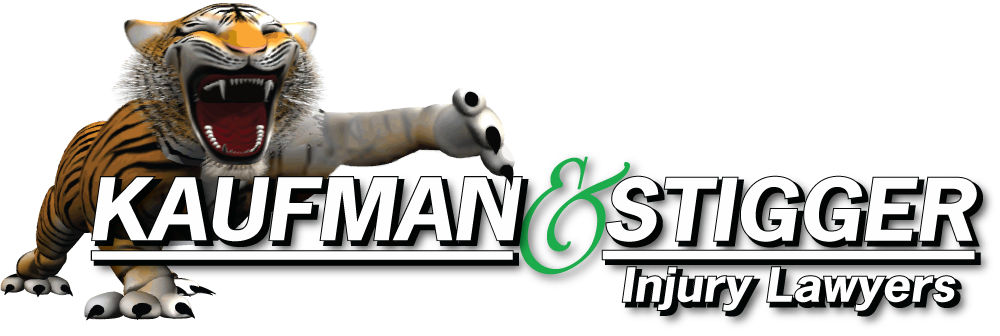The driver of a Chevy Tahoe attempted to merge onto U.S. 45 northbound and was struck by a Chevy Impala. The accident happened around 6:30 a.m., Thursday, February 21, and the driver of the Tahoe and a passenger were both ejected. The driver died while the passenger was taken to a local hospital in critical condition.
According to a Graves County Sheriffs deputy at the scene, the Tahoe was stopped at a stop sign on Powell Road before attempting to merge onto highway and drove in front of the Impala. The driver of the Impala had to be freed from her vehicle. Both women who were ejected from the Tahoe were not wearing their seatbelts.
Ejection Accidents
An ejection happens when a person leaves the vehicle as a result of the impact of a car crash. A full ejection is when the person comes completely out of the car as opposed to a partial ejection where the body comes partially out of the car and a significant portion of the body remains in the car (usually the lower torso).
According to a report from the National Highway Traffic Safety Administration, in passenger car crashes, 81 percent of those fully ejected from a vehicle were fatalities. Also, 21 percent of all vehicle fatalities were from full ejections, and 5 percent of all fatalities were from partial ejections.
Ejection Injuries
Full and partial ejections also run a high risk of serious injury. This is because there are typically two impacts on the body after the cars collide. The first is happens when the person impacts a window or a door and leaves the car, and the second is when the person hits the ground. There are some common injuries that come from an ejection, they are:
- Traumatic Brain Injury
- Concussion
- Neck/Spinal Cord
- Broken limbs
- Broken ribs
- Deep contusions
- Deep lacerations
How to Avoid Being Ejected
A seatbelt will stop almost all ejections. Although it’s not unheard of that person is ejected while wearing their seatbelt, it is rare. In some cases, the seatbelt wasn’t properly fastened. According to the Center for Disease Control, a person is 30 times more likely to be ejected during an accident while not wearing their seatbelt. Also, seatbelts in general reduce the risk of death from any injury in any auto accident by 51 percent.
So the evidence is pretty strong that a seatbelt will save lives by preventing an ejection as well as save lives and prevent injuries in all types of crashes.
Liability and Ejectment
At first blush, the liability for injuries to someone who has been ejected is pretty straight forward. It is the person who caused the accident. If another car driver is at fault, then that person’s insurance will pay for the damages. However, if the driver of the vehicle where the ejections occurred was at fault, then any passengers who were ejected and injured can make a claim against the driver of the car.
What if I’m not Wearing my Seatbelt?
The insurance companies often tell the person who was ejected and not wearing their seatbelt that they can’t make a claim against the policy because they were breaking the law and not wearing their seatbelt. However, this isn’t true. You can still make a claim, but depending on the state, not wearing a seatbelt will likely reduce the amount of compensation. In some states, Including Kentucky, this is called the “seatbelt defense” and it’s used by the insurance companies to reduce the amount they will have to pay. But this is for the court to decide, not the insurance company.
Do I need an Attorney?
Most of the time it’s at least good to talk to an attorney. Almost all attorneys who handle personal injuries will have free consultations where you can speak to an attorney about your case. This way you can make an informed decision free from the bias that comes from the insurance company.
Don’t let the insurance company give you as little as possible, but get someone who can stand up to them for you. The attorneys at Kaufman and Stigger, PLLC, have that knowledge and a combined 100 years’ experience in helping clients get the results they deserve. To discuss your case, call Kaufman & Stigger, PLLC today, at (800) 937-8443 or click here to contact them online.






